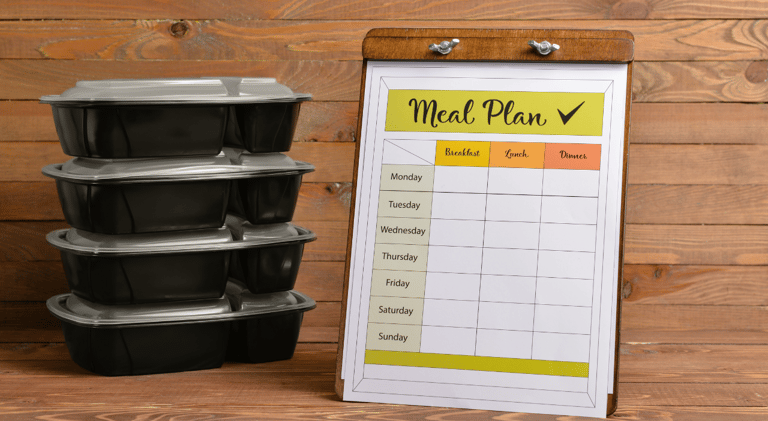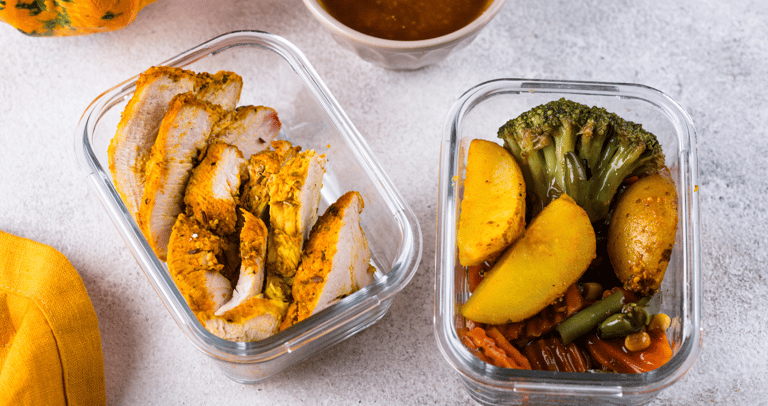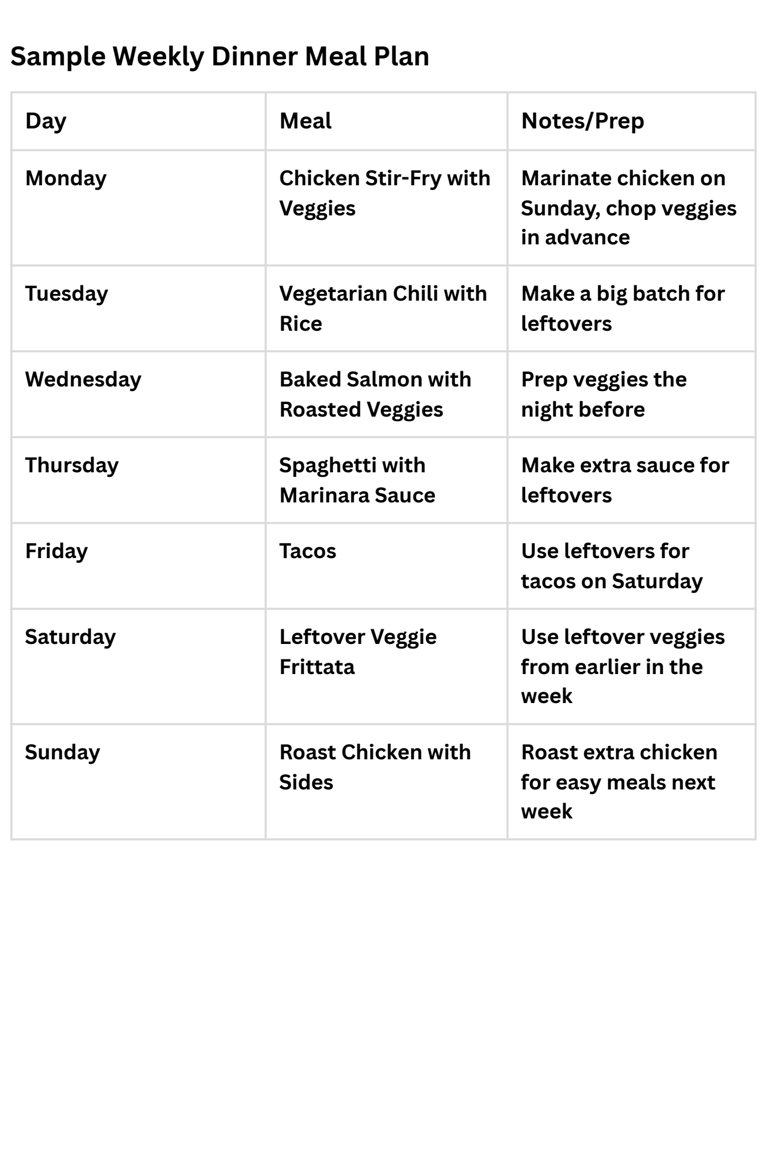How to Meal Plan Dinner for the Whole Week
Meal planning for the week ahead can save you time, money, and stress. It also permits healthier eating, reduces food waste, and provides more control over what you're eating. Here's a simple guide on how to plan your dinners for the entire week.
Assess Your Week Ahead
Start by looking at your schedule for the upcoming week. Are there any busy days when you will need something quick? Will there be nights when you have more time to cook? This will help you choose meals that fit your time and energy levels.
Busy days: Choose simple or make-ahead meals (e.g., stir- fries, sheet-pan dinners, slow cooker dishes).
Free days: You can experiment with new recipes or more complex meals (e.g., casseroles, homemade pizza, or a multi-course meal).


Pick a Variety of Meals
Variety is key to keeping meals appealing and ensuring you're getting balanced nutrition. Plan for different types of protein, vegetables, and grains throughout the week.
Example breakdown for the week:
Monday: Meat-based (e.g., chicken stir-fry with veggies)
Tuesday: Vegetarian (e.g., vegetable curry with rice)
Wednesday: Seafood (e.g., baked salmon with roasted potatoes)
Thursday: Pasta (e.g., spaghetti with marinara sauce)
Friday: Comfort food (e.g., tacos or pizza night)
Saturday: Leftovers or easy meal (e.g., veggie frittata)
Sunday: A family-style meal (e.g., roasted chicken with sides)


Plan for Leftovers
Cooking extra portions of specific meals can help you with leftovers which can be used for lunch the next day or as a quick dinner later in the week. For example, make extra rice, soup, or casserole that you can repurpose.
Batch cooking: Prepare larger portions of dishes like soups, casseroles, or pasta sauces that keep well and can be eaten later.
Repurpose: Use leftover chicken in a salad or wrap the next day.




Create a Shopping List
Once your meal planning is complete, make a detailed shopping list of all the ingredients you'll need. Group them by category (produce, dairy, meat, pantry items) to make your shopping trip more efficient.
Check what you already have: Before heading to the store, check your fridge and pantry for ingredients you already have.
Stick to the list: Shopping with a list helps prevent impulse buying and ensures you have everything you need for the week.


Prep in Advance
If you want to save even more time during the week, do some prep work in advance:
Chop vegetables: Pre-chop veggies and store them in containers for easy access.
Marinate proteins: Marinate meats or tofu the night before to save time on busy days.
Cook grains and beans: Pre-cook rice, quinoa, or beans to reduce cooking time on meal nights.
If you’re really pressed for time, consider batch-cooking meals on the weekend so that you can easily reheat throughout the week.


Stay Flexible
Life happens, and sometimes things don't go according to plan. If you find yourself too exhausted to cook a planned meal or just want something else, swap meals around or use your leftovers. Keep in mind that the goal is to stay organized but not rigid!
Below is a sample of a weekly dinner meal plan:


Additional Tips for Success
Mix and match: Swap out ingredients if you find something on sale or if you’re feeling bored with a specific meal.
Use your freezer: Frozen vegetables, meats, and pre-cooked grains are lifesavers when you’re in a rush.
Stay inspired: Browse new recipes each week to keep dinner exciting.
Get the family involved: Have your family or housemates pick out a meal they’d like to try or even help prep the meals.
By planning your meals ahead of time, you’ll reduce stress, save money, avoid last-minute grocery trips, and enjoy a variety of delicious, nutritious meals throughout the week. Happy planning! You got this!


